Pinocchio is the protagonist of the famous novel The Adventures of Pinocchio. The Story of a Puppet (1883) by Carlo Collodi, which turns out to be not only a classic of Italian literature but even the most translated book in the world: it exists in 260 languages, including an emoji version by Lecturer in Linguistics at the University of Macerata Francesca Chiusaroli.
Originally, the book was not a novel, but as a fable in instalments, published from 1881 in the Giornale per i bambini. The first version ended with the death of the protagonist but, following the readers’ complaints, the newspaper persuaded Collodi to continue the story and give it the happy ending we all know.
The book was so successful that real Italian idioms have sprung from it and some of its characters now belong to the collective imagination as typical human types.
The most famous expression, and not only in Italy, is having a long nose as a synonym for being a liar. It originates from a reproach made by the Blue Fairy to Pinocchio: "Lies, my boy, are recognised immediately! There are lies that have short legs and lies that have long noses: yours is precisely one of those that have long noses." From emblematic characters such as the Cat and the Fox and Jiminy Cricket originated expressions that indicate inseparable people, but also ready to support each other in out dishonest actions (being like the Cat and the Fox) or the pedantry of giving out nagging advice (being Jiminy Cricket)
In Italy a saying goes "if you don't study you will get donkey ears", which alludes to what happens to Pinocchio and his friend Candlewick when, having abandoned school to go to the Toyland (an imaginary place where you only care about having fun without obligations or duties), they find themselves turned into donkeys. Incidentally, living in Toyland means living outside reality and the term Candlewick is used to indicate an acquaintance who drives a person away from what is considered the right path.
Other sayings also derived from Collodi's novel are: ridere a crepapelle (laughing until you burst) (i.e. laughing immoderately), essere fritto (being fried) (being toast) and seminare i soldi (sowing money) (in the sense of wasting it). The first expression is taken from the passage when Pinocchio, returning home to the Blue Fairy, finds his way blocked by a giant snake. When he tries to step over it, he stumbles and falls into the mud, causing the snake to burst out laughing and to laugh so much that it dies. The second expression, on the other hand, alludes to when Pinocchio is found in his net by a fisherman who, believing him to be a special fish, prepares to fry him. Just before he ends up in the frying pan, Pinocchio is saved by Alidoro, a mastiff dog he had previously helped. Pinocchio implores him by saying: "Save me, Alidoro! If you don't save me, I'm fried...". The last expression refers to when the Cat and the Fox, so as to rob him, persuade the naïve puppet to sow the five gold coins, given to him by Mangiafuoco, in the Field of Miracles, making him believe that there, soon, a tree full of money will grow. From those gold coins also comes the name of the most popular Italian children’s choir: the Zecchino d'Oro.
Collodi's novel is also the origin of the name of the most important Italian publishing house specialising in food and wine. It all began in 1986 with a monthly insert in the communist newspaper Il Manifesto. The name Gambero Rosso, given to the prestigious insert, is that of the inn where Pinocchio is taken by the Cat and the Fox before burying his gold coins. The idea behind this new publication was to inform consumers and make them more aware, so as to prevent them from ending up like Pinocchio who, as an inexperienced customer, is robbed inside the inn.
One final gem related to our puppet is the name of the knee-high trousers worn in summer. They are, in fact, called pinocchietti and are inspired by the clothing with which Pinocchio is usually represented: a pointed hat, a colourful tunic and a pair of knee-length trousers.
Since the tale of Pinocchio has greatly influenced the Italian language, we have dedicated two episodes of our podcast 

Pinocchio e la lingua italiana (Pinocchio and the Italian language)
Come nelle favole (As in fairy tales)
Scuola Leonardo da Vinci Turin
The welcoming friendly atmosphere of our school will make you feel at home and you can relax with your classmates in the small gardens of the adjacent pedestrian area.


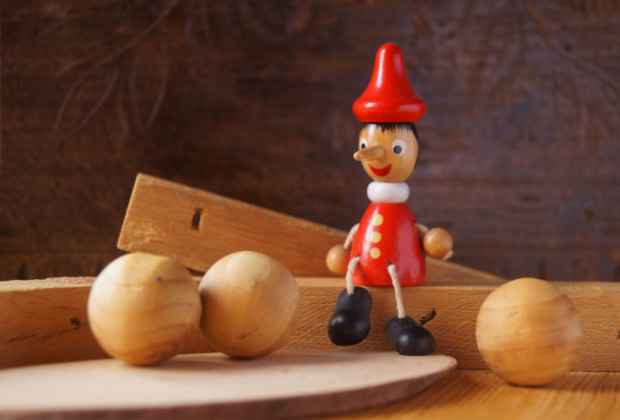



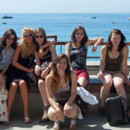


 Exclusive Black Friday deals
Exclusive Black Friday deals 
 on ou
on ou
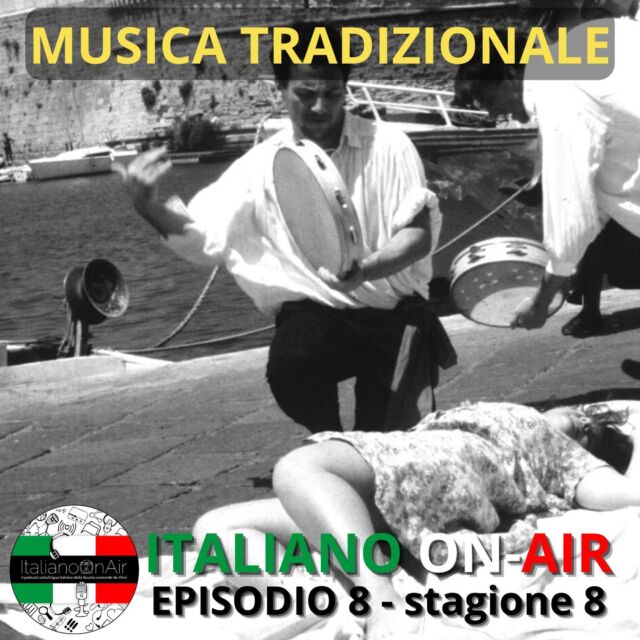
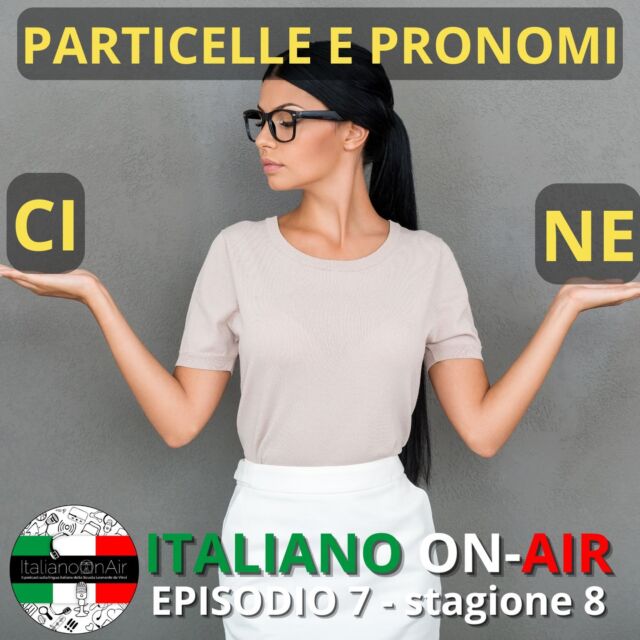
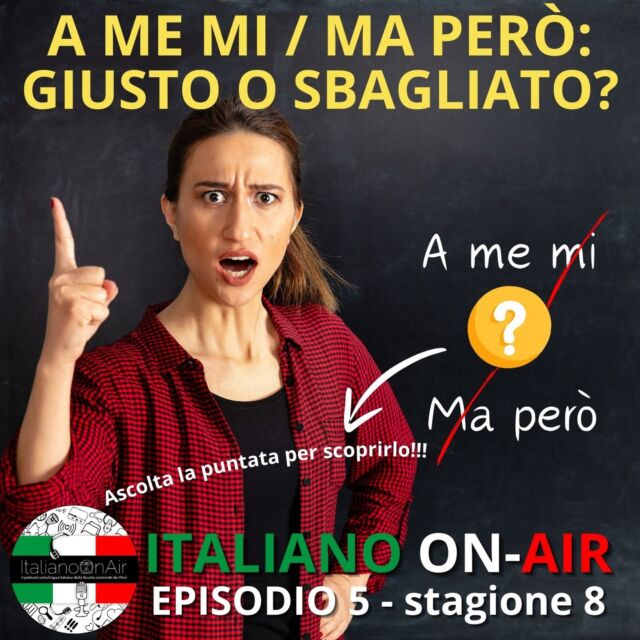
 para Aula
para Aula 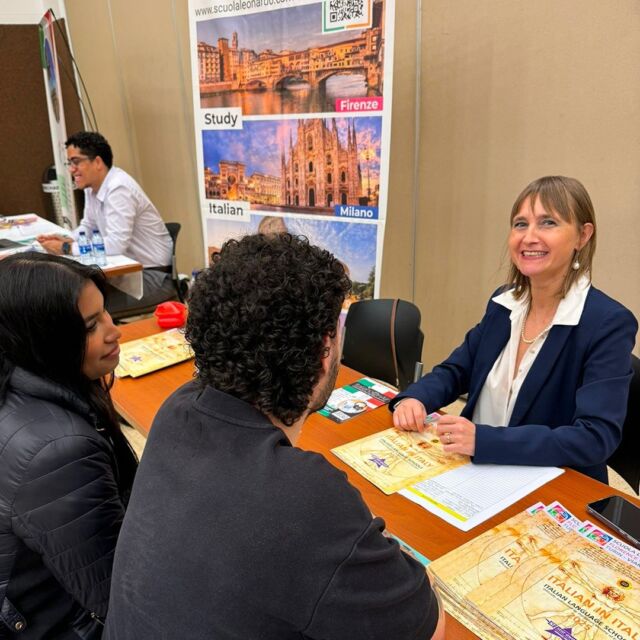
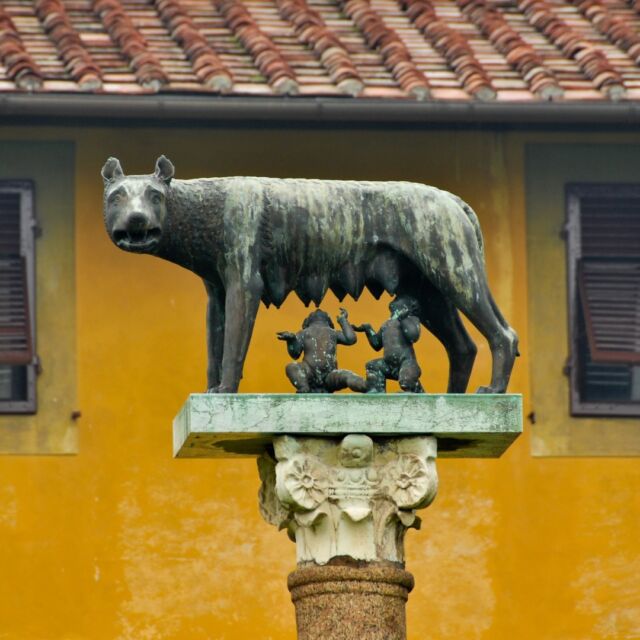

 e birra
e birra è davvero una
è davvero una 

 da @scuolaleonardoital
da @scuolaleonardoital
 ! Abbiamo
! Abbiamo 


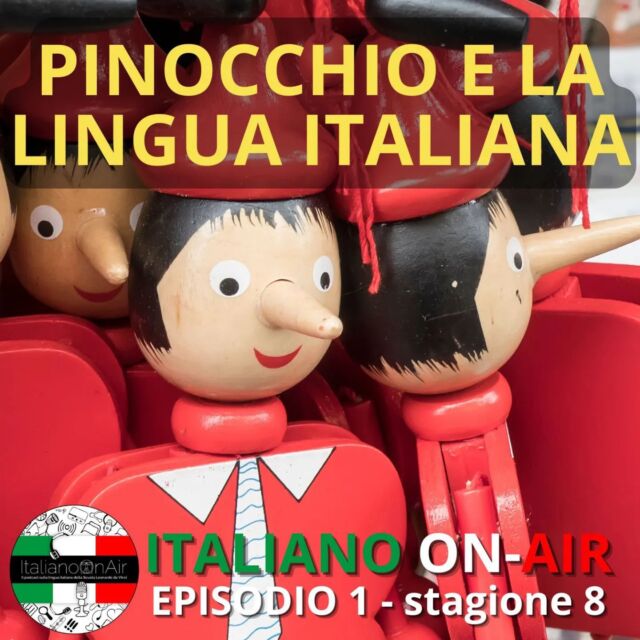
 スクオーラ・レオナルドダヴィン
スクオーラ・レオナルドダヴィン
 We are
We are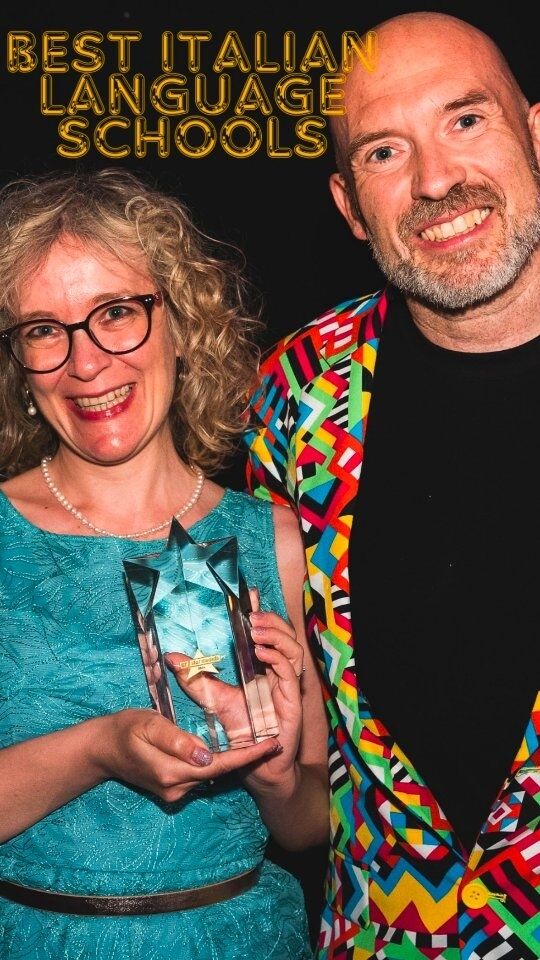
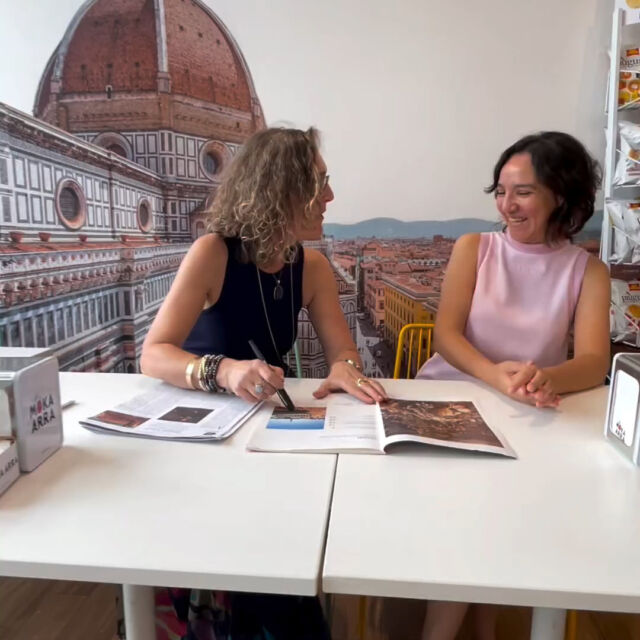

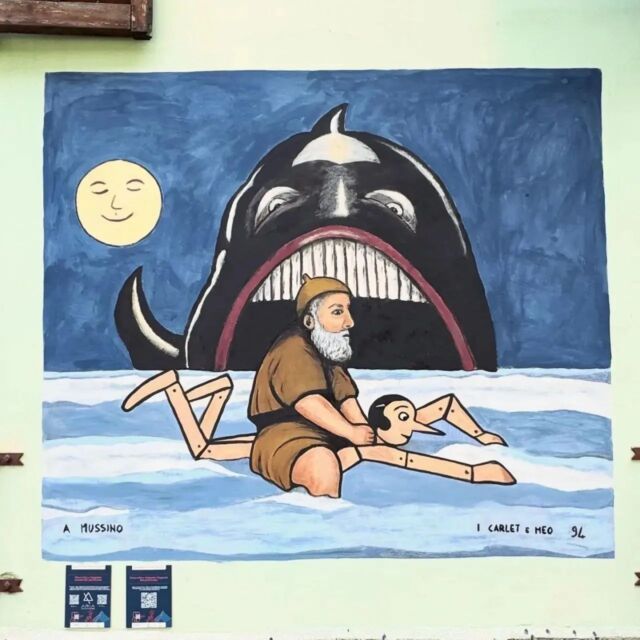
 sono appena finite e noi
sono appena finite e noi